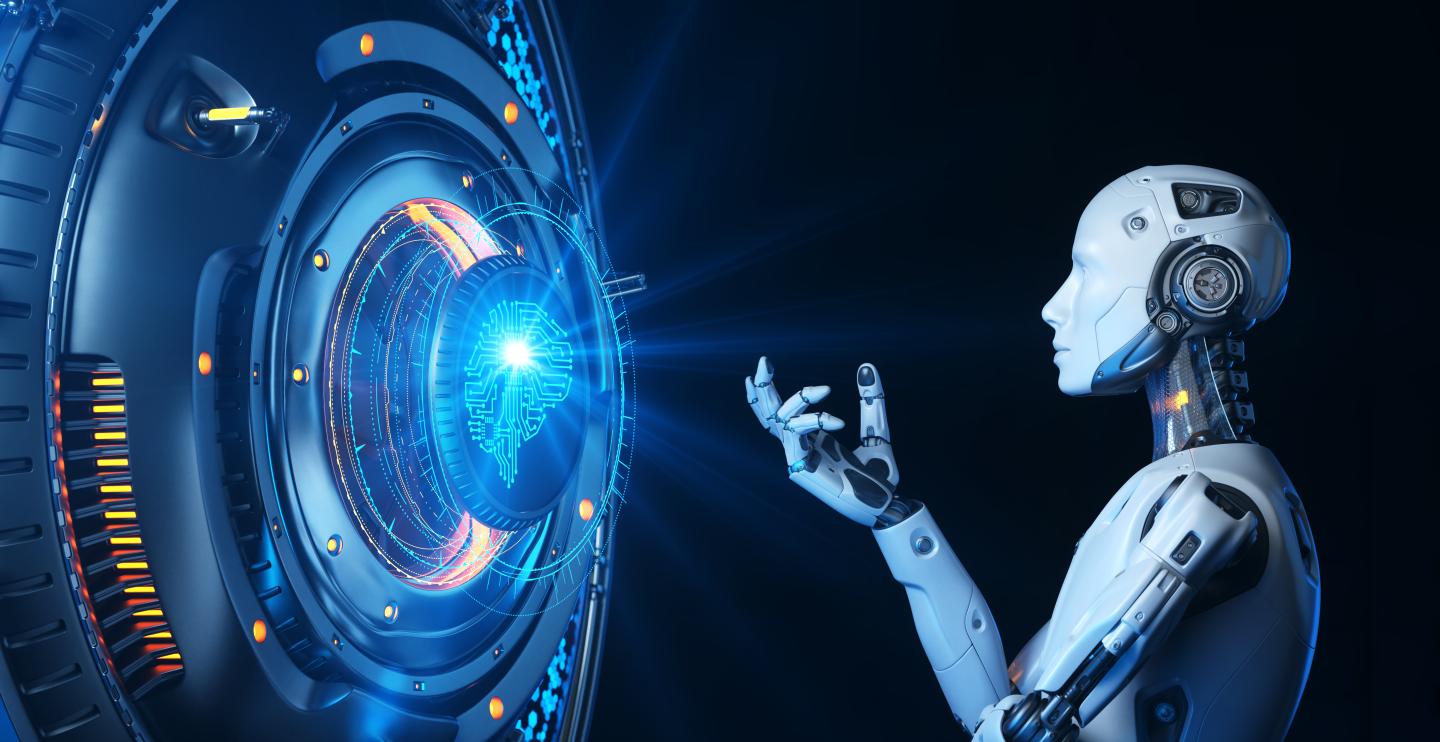
13 Apr Artificial Intelligence (AI) The future?
Artificial Intelligence (AI) has come a long way since its inception, and the future of AI holds even greater potential. With advancements in machine learning and deep learning algorithms, the capabilities of AI have grown exponentially. In the coming years, AI is expected to become more powerful, sophisticated, and ubiquitous, revolutionizing every aspect of our lives.
One of the most significant advancements in AI is the development of natural language processing (NLP). NLP is the ability of machines to understand, interpret and generate human language. With NLP, machines can understand not only what we say but also the context behind it. This technology is expected to transform the way we interact with machines and enhance the efficiency of communication between humans and machines.
Another area where AI is expected to make a significant impact is in healthcare. AI-powered systems can analyze large amounts of medical data, including patient records and medical research, to identify patterns and provide accurate diagnoses. These systems can also be used to monitor patient health, detect potential health issues, and provide personalized treatment plans. This technology has the potential to revolutionize healthcare, making it more efficient and effective while reducing costs.
AI is also expected to make a significant impact in the field of transportation. With the development of self-driving cars, AI is set to transform the way we travel. Autonomous vehicles powered by AI will make transportation safer, reduce traffic congestion, and improve mobility for people who cannot drive. This technology is already being tested in many cities around the world, and it is expected to become mainstream in the coming years.
In the field of finance, AI is already being used to analyze financial data and identify patterns. AI-powered trading systems can make predictions based on market trends and adjust investments accordingly. This technology is also being used to detect fraudulent activities and prevent financial crimes.
The future of AI also holds the potential to transform education. With the development of personalized learning systems powered by AI, students can learn at their own pace, with tailored learning plans and feedback. AI can also be used to assess student performance and provide personalized recommendations for improvement.
However, the development of AI also poses several challenges, including ethical concerns around data privacy, bias, and accountability. As AI becomes more powerful, it is essential to ensure that its development and use align with ethical standards and are guided by principles that prioritize human well-being.
In conclusion, the future of AI is bright, and its potential to transform our lives is limitless. From healthcare and transportation to finance and education, AI is set to revolutionize every aspect of our lives. As the development of AI continues, it is crucial to ensure that its use is guided by ethical principles that prioritize human well-being. With responsible development and use, AI can be a powerful tool for creating a better future for all.



No Comments